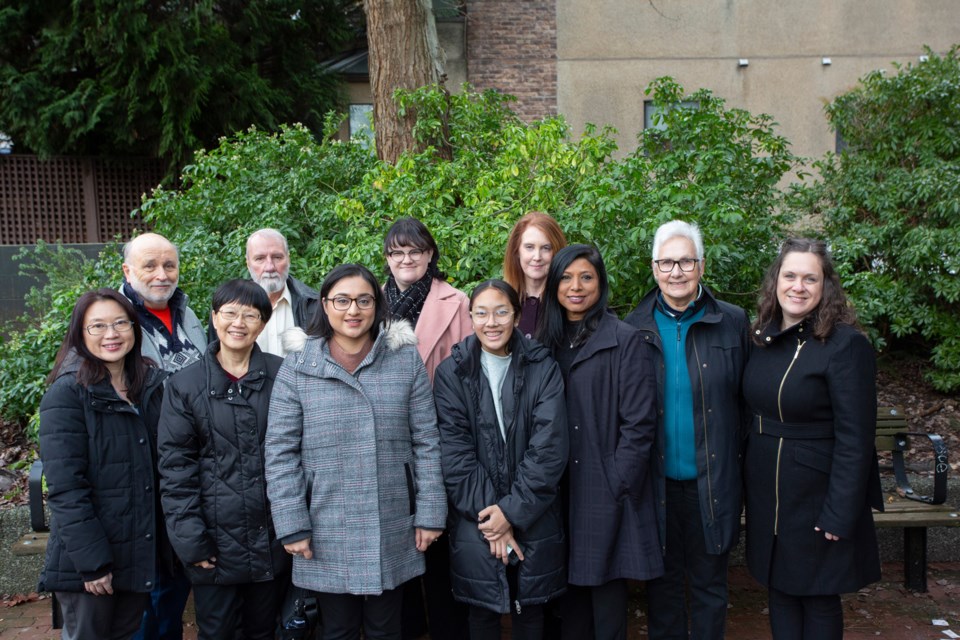With at least 70,000 British Columbians living with dementia currently -- including many in Metro Vancouver -- challenging the stigma associated with the disease is fundamental to the Alzheimer Society of B.C.
As part of this vital work, the organization is releasing the results of a recent study into British Columbians’ awareness of and attitudes about the disease.
“Stigma is a significant barrier to people living with dementia and caregivers reaching out for support,” says Jen Lyle, CEO of the Alzheimer Society of B.C. “Understanding people’s perceptions of the disease is key to helping us change the conversation about it so people see they don’t have to face the journey alone.”
Conducted by Leger Canada, the study included a quantitative survey of three groups: general British Columbian respondents, as well as Chinese and South Asian respondents. The survey, as well as the online discussion boards that accompanied it, probed at people’s understanding of dementia, their personal experience with it and their knowledge of the Alzheimer Society of B.C. as a source of support and education.
In relation to people’s attitudes about the disease, the study found:
- More than seven in 10 respondents believe there is stigma about dementia experienced by the people living with it, while half of respondents reported feeling a diagnosis of dementia means the end of a meaningful life.
- Almost four in five respondents agree there’s an increased likelihood of depression, emotional stress and financial problems among caregivers who are supporting someone living with dementia.
- Only three in 10 respondents in the general and Chinese populations, and six in 10 within the South Asian population, believe there are adequate supports within the community and our health-care system for people living with dementia and their caregivers.
Among people reacting to the study was Jim Mann, long-time advocate who is living with the disease.
“This report highlights the importance of increasing awareness of dementia to reduce stigma and assure British Columbians that a diagnosis of dementia can lead to a new path and the continuation of a meaningful life,” said Mann.
Consistent with previous years’ data, respondents are personally concerned about the prospect of developing dementia, but it is not top of mind when they reflect on diseases or conditions causing most harm to British Columbians, suggesting there is still room to grow awareness of dementia and its impact. According to the research, six out of 10 British Columbians have a personal connection to someone living with dementia.
Meanwhile, in some key areas, including awareness of dementia myths and truths as well as other attitudes and beliefs, there was some variation in responses across the three respondent groups, underscoring the importance of focusing on culturally-relevant education and awareness-raising.
“Understanding people’s perceptions of the disease is the first step to changing them,” Lyle says. “We hope people across the province will make a commitment to learning more about the disease and reaching out to people affected by it in their local communities.”
To access a summary of the dementia awareness research, visit https://alzbc.org/dementia-attitudes2022.
To learn more about the disease, how you can access help from the Alzheimer Society of B.C. or how you can help challenge the stigma associated with dementia, visit alzheimerbc.org or call the First Link® Dementia Helpline at 1-800-936-6033.



